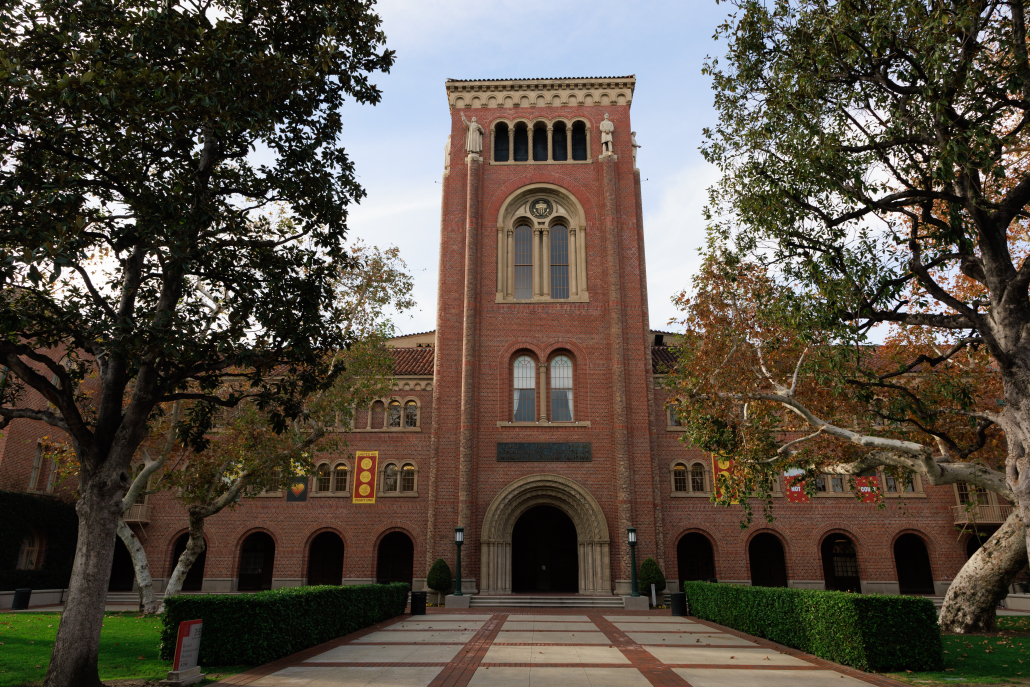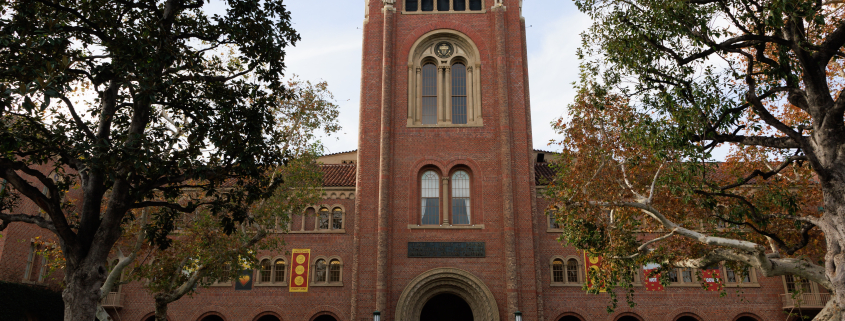Faculty open letter calls for salary raises

In an open letter to the USC administration, members of the University chapter of the American Association of University Professors called for Cost-of-living Adjustments to faculty salaries for the 2022-23 school year. The letter, which has garnered more than 740 signatures from faculty members across all schools at the time of publication, compares the last two years’ raise pools of 0% and 2% to the cumulative rise in the cost of living in Los Angeles of 7.59%. Effectively, it states that faculty are earning 5.56% less now compared to two years ago.
Howard Rodman, a professor of cinematic writing for screen and television and president of the AAUP, said the decision to circulate the open letter stemmed from the “confluence of many mighty rivers,” particularly the high consumer index in L.A. and the “very low” rise in faculty salaries. The AAUP found the amount in real income that faculty members were losing to be “substantial,” he said.
“We just wanted to keep [the open letter] … factual and say, here’s what it would have cost for us to keep up with the living in Los Angeles and propose the solution, which is very simple and which is something that people in many, many, many different places do, which is an annual adjustment for cost of living,” Rodman said.
Christina Dunbar-Hester, an associate professor of communication and vice president of the AAUP, said faculty members were “understanding” of the University protecting its bottom line amid the “uncharted territory” at the start of the coronavirus pandemic in early 2020. However, when it became apparent that the University’s financial health wasn’t as heavily impacted as expected — USC’s endowment fund grew from $5.7 billion in 2019 to $5.9 billion in 2020 before reaching an all-time high of $8.1 billion in 2021 — faculty concerns about salary grew, Dunbar-Hester said.
“The combination of knowing that the institution … had wound up better than the worst projections, the sting of inflation, the sting of our raise pools being highly curtailed, all of that kind of came together at once,” Dunbar-Hester said. “That was what prompted the need to speak up collectively.”
COLAs are a “long-standing” practice in place throughout the University of California system, where the latest salary increase of 3% for existing faculty was approved in October 2021. Rodman said the AAUP isn’t looking for a “quick fix” or a “one-time payout,” but an automatic adjustment to faculty salaries that continues to remain in place after the upcoming 2022-23 fiscal year.
“This is designed to be a very long-term, systematic change in the way that the University treats its employees, not just a one time course correction,” Rodman said.
AAUP’s hope, Rodman said, is that the COLAs will become a baseline raise, with merit-based bonuses and other raises added on separately. Departments evaluate faculty to distribute limited merit raise pools, Dunbar-Hester said, without consideration for cost of living. These bonuses being the only way for faculty to increase their salaries despite rising costs of living is “difficult,” she said.
“We care about the University, and we want to help keep the University in a great place, and having everybody treading water or losing ground with wages isn’t good for the institution to retain great faculty [and staff],” Dunbar-Hester said.
In an emailed statement to the Daily Trojan, the University wrote that addressing the issues demonstrated in the open letter, which has yet to be formally presented to the University, is a “priority.”
“Fair, equitable and competitive salaries are very important to attract and retain excellent faculty,” the statement read.
Faculty members who signed the open letter, Rodman said, feel as though their salaries are addressing the rising costs of living “less and less,” which he said is, for many, a “disincentive” to remain at USC.
“Those of us in the professional schools can certainly make more money outside of academia and, at a certain point, you don’t want to feel that you’re paying in order to be a professor,” Rodman said. “You don’t want the budget of the University of Southern California to be balanced on faculty, staff and employee salaries.”
Though the open letter is confined to the concerns of faculty members and not all USC employees, both Rodman and Dunbar-Hester said this is reflective of the domain of the AAUP, which primarily serves professors. The present campaign, Rodman said, isn’t intended to exclude University staff from fair compensation. The letter, he said, is instead a “beginning” to allow for broader changes down the line, and will be presented to the Academic Senate at its next meeting Feb. 16.
“Everybody who works for USC … deserves a living wage and everybody deserves a wage that keeps up with the increase in the cost of living in Los Angeles,” Rodman said. “We see this as the opening salvo in a larger effort to make sure that USC treats its employees as they should be treated.”
This article has been updated to include the 2021 endowment funding amount.

